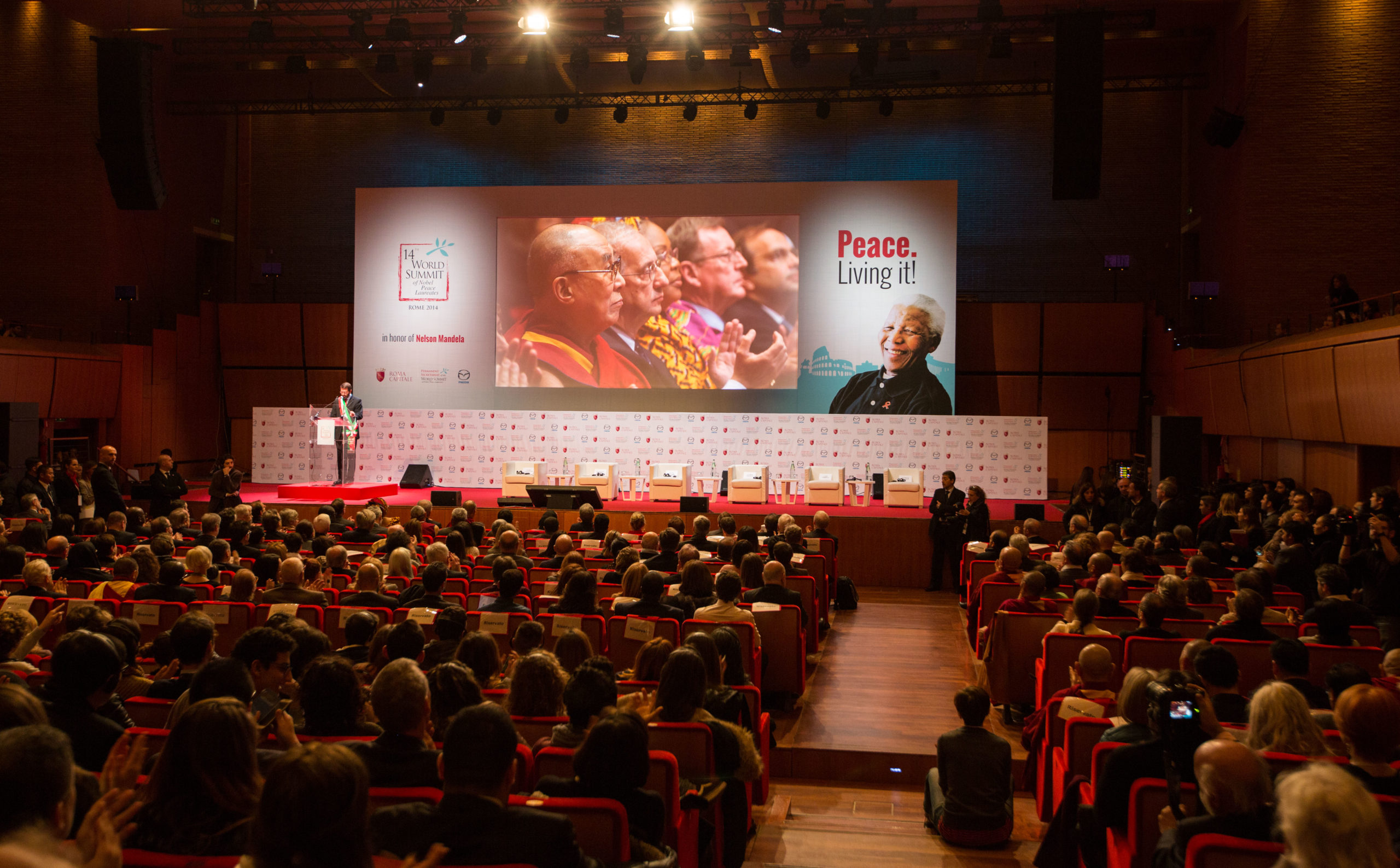The European Union is the successor of the European Coal and Steel Community (ECSC) created in 1951 by six countries: Germany, France, Belgium, Italy, Luxembourg and the Netherlands. On 25 March 1957 in Rome, these same countries signed the treaties establishing the European Economic Community (EEC) and the European Atomic Energy Community (Euroatom). Over the following decades, the Communities have developed individual European policies, key examples of which include the cohesion, agricultural and trade policy. A ground-breaking change came in 1979, the year of the first direct elections for the European Parliament. The EP still remains the only EU body directly elected by European citizens. The historical, “Big Bang” expansion that took place on 1 May 2004 resulted in the EU accession of ten new member countries, including Poland.
2012 – The European Union. The Nobel Peace Prize has been awarded in recognition of over six decades of the European Union’s contributions to the process of advancing peace, reconciliation, democracy and human rights in Europe. Awarding the Peace Prize to an institution, an organisation haunted by the economic crisis and accused of excessive bureaucracy and ineptitude, raised significant controversy.
![]()

